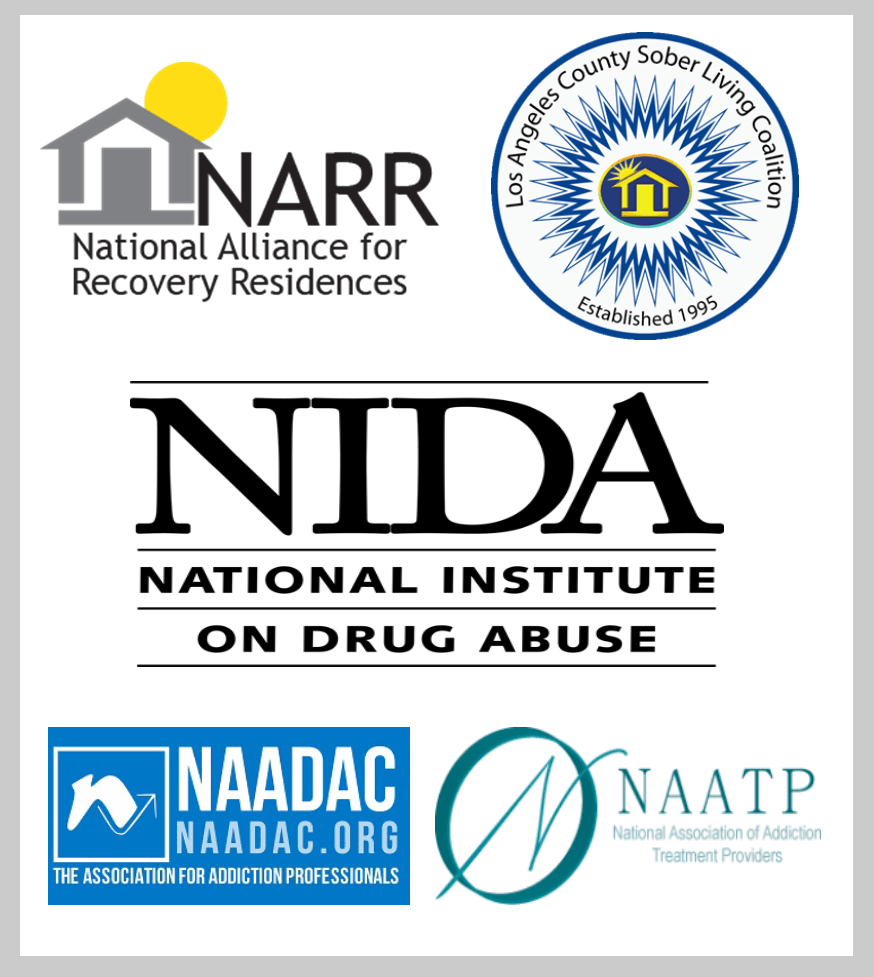Information on driving under the influence (DUI/DWI) and the penalties involved.

It’s a widely known fact that driving under the influence poses grave risk to public safety. And yet, tens of thousands of people still lose their lives in a DUI/DWI-related incident every year. And now with marijuana becoming legal state by state nationwide, that element can potentially exacerbate the problem.
While governments place age restrictions on the purchase of alcohol and marijuana, we all very well know that when an underage consumer wants it they will somehow find a way. Regardless, however, the DUI epidemic is just as prevelent among of age adults as it is among the underage, if not more.
To minimize cases of driving under the influence, the government and law enforcement agencies are not only imposing strict DUI enforcement and punishments all over the country, but also adding DUI education and treatment as a consequence to DUI offenses as part of a long-term solution, especially among first-time DUI offenders. Persons arrested for DUI may take DUI classes in person or through a DMV-approved DUI class online.
If you’ve been arrested for drunk driving for the first time, here are some facts about DUI treatments that you might want to know.
First-time DUI offenders are often court-mandated to go to DUI school.
Many states impose mandatory alcohol (and drug) education, among other penalties, for a DUI related offenses. This means that those arrested for DUI are, quite often, required to attend a DUI education and treatment program by the court or the state’s Department of Motor Vehicles.
In many states, the punishments that accompany a first-time DUI offense can vary based on your BAC level at the time of the arrest, which is assessed in three tiers:
General Impairment: 0.08% – 0.99% BAC
High BAC: 0.10% – 0.159% BAC
Highest BAC: 0.16% BAC or higher
Each tier is subject to fines and penalties, but all of them include alcohol highway safety courses and substance abuse treatments (usually for High BAC and Highest BAC offenses), and loss of driving priviledges.
DUI education programs cover different levels of substance abuse treatments.
DUI programs focus on educating people about substance abuse and the consequences of driving under the influence of drugs and alcohol. They aim to help participants take responsibility for their alcohol/drug use to avoid relapses and DUI incidents in the future.
Depending on the results of your assessment, your substance abuse treatment may include:
● Individualized counselling
● Group meetings with a therapist
● Outpatient substance abuse treatment
● Inpatient substance abuse treatment
● Attendance to Alcoholic Anonymous
● Medication-assisted treatment
● Dual diagnosis treatments (if substance abuse and mental illness coexist)
The length of the recovery program can vary from offender to offender.
DUI treatments typically begin with an evaluation to determine whether you meet the criteria for substance abuse disorder. The court will decide the level, frequency, and length of your treatment based on the evaluation. For first-time offenders can last from one or two sessions to 36 hours in a span of 12 weeks. However, some offenders may be required long-term treatment, as needed.
DUI treatment (and repercussions) can help prevent repeated DUI offenses.
There’s a high probability for a first DUI offense to be followed by another.
According to the National Institute on Drug Abuse, those who are referred to the program by the legal system are likely to finish their programs and generally have good treatment outcomes. Thus, learning to manage drinking and substance abuse problems through DUI education and treatment could be the factor that tips the scales towards avoiding repeat offenses.
DUI school, in general, should not be viewed as punishment, but rather as an opportunity to break the cycle of abuse and discover underlying issues or conditions that led to it.
Most participants enroll in addiction awareness and substance abuse treatment after being arrested for DUI, but these programs are actually available for anyone who wishes to put a lid on or avoid developing an addiction. They can help you gain control over your substance or alcohol use, so it does not interfere with your daily life.
About the Author
Lauren Kunis is the Content Marketing Strategist for Stonewall Institute, an outpatient alcohol and drug treatment center that focuses on holistic, individualized approach to addiction recovery. She loves reading books, travelling, and going on hiking adventures with her dog Max.
For more information on Herbert House Sober Living Residences, or if you would like to submit an article of your own to our recovery blog please feel free to call or email us 7 days a week at: (310) 737-7566 | info@herberthouse.com.
Herbert House Sober Living | "Your life wants you back!"
-
Setting the standard in addiction recovery housing for over 25 years
WE'RE HERE FOR YOU 7 DAYS A WEEK
-

OUR MISSION:
Herbert House Sober Living is an organization dedicated to helping guide mature men to a life of successful recovery. With over 20 years expertise and a pioneering role among the Los Angeles, CA recovery housing community, we successfully balance recovery, community, comfort and cost. We are unique, our mission is steadfast, and each opportunity to help rebuild a life (and family) is a process we truly cherish.
